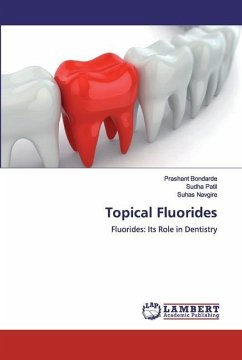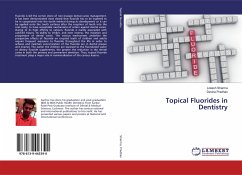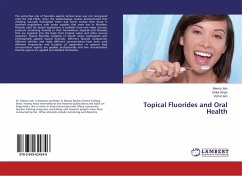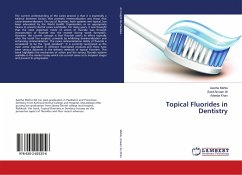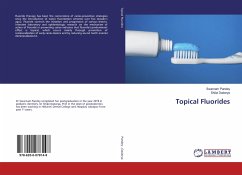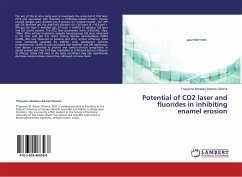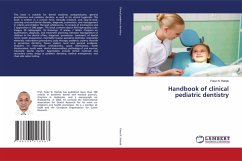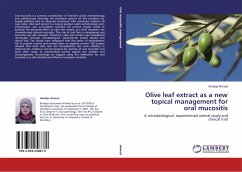As a chemotherapeutic agent to combat dental caries, fluoride occupies a matchless position. It is relatively economical and can be administered through a number of cost-effective routes to large fractions of populations who are at risk of caries. Fluoride's anti-caries efficacy is well-proven and may arise from multiple modes of action, i.e., inhibition of tooth demineralization, promotion of incipient lesion remineralisation, and perhaps, antibacterial effects on cariogenic bacteria. The decline in dental caries experienced by most industrialized countries in the latter part of the 20th century can be attributed largely to the widespread use of fluoride. The above notwithstanding, there are a number of reasons to continue to seek alternative and effective anti-caries agents.
Bitte wählen Sie Ihr Anliegen aus.
Rechnungen
Retourenschein anfordern
Bestellstatus
Storno

